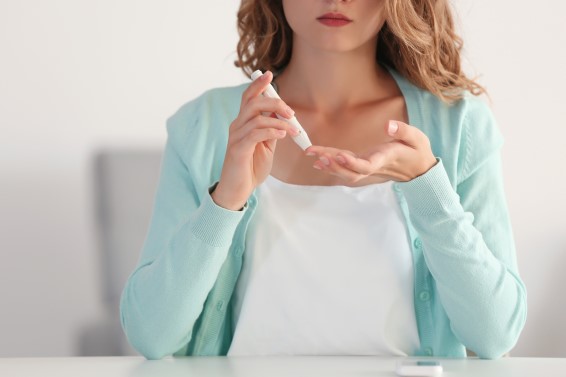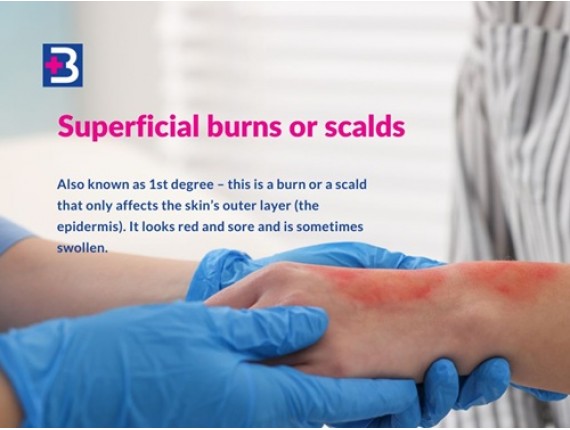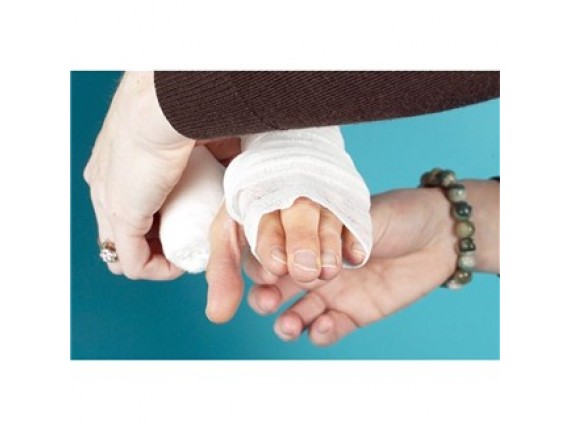How to recognise and treat a diabetic emergency

Diabetes is the name given to a condition which prevents a person from producing enough of a hormone called insulin. Insulin works in the blood stream to break down the sugars that we eat. Without insulin, the levels of blood sugar can climb dangerously high and this can have catastrophic consequences. Diabetic emergencies can be caused by either high or low blood sugar.
Low Blood Sugar (Hypo glycaemia)
This ususally occurs in casualties who inject insulin and can be caused by a number of factors including: not eating enough food, over exercising or injecting too much insulin. It is dangerous because the brain needs glucose to suvive.
Symptoms include:
- Weakness, dizziness
- Confusion oand memory loss
- Lack of coordination
- Slurred speach, Bizarre or uncharacteristic behaviour
- Unconsciousness within 1 hour
- Pale, cold, sweaty skin
- Normal or shallow and rapid breathing
Treatment:
- A conscious casualty should be given glucose tablets, a sugary drink or sweet food (15-20g of glucose)
- If the casualty responds quickly, give more
- Stay with the casualty until they are fully alert
- If the casualty does not respond to treatment within 15 mins or you are not able to manage them, dial 999/112
- There may be another cause for the symptoms and so it is worth considering all possible explanations
- Advise the casualty to seek medical help
- To treat an unconsious casualty the first aider should open their airway, check for breathing and put the casualty into the recovery position (if breathing) then call 999/112 for emergency help.
High blood sugar (Hyperglycaemia)
Hyperglycaemia occurs when the diabetes has not been treated effectively and the body has a build up of acids. This can take time to build up and the casualty may deteriorate slowly.
Symptoms include:
- Drowsiness and lethargic behaviour
- Unconsciousness if left untreated
- Dry warm skin
- Deep sighing breaths
- Excessive thirs and urination
Treatment:
- Arrange for the casualty to see a doctor asap
- If the casualty becomes unconscious maintain airway and breathing and dial 999/112
Do not attempt to give a casualty anything to eat or drink if they become unconsious


